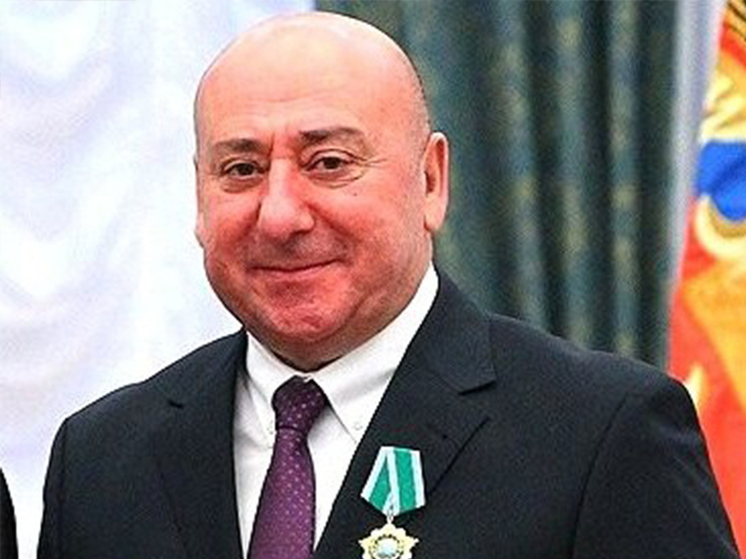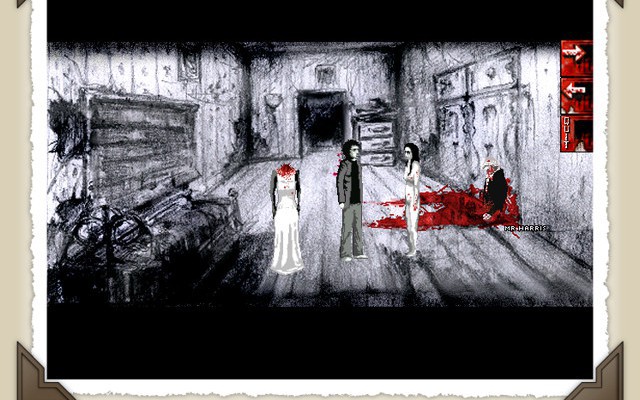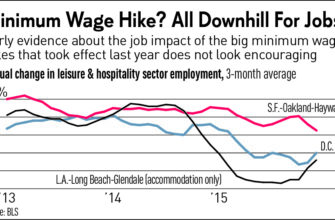
Image: Mamedali Agaev, former director of the Moscow Satire Theater. (Source: ru.wikipedia.org)
Moscow’s vibrant theatrical world is often a stage for dramatic narratives, but rarely does the real-life plot twist as sharply as it has for Mamedali Agaev, the former director of the esteemed Satire Theater. Once lauded as one of the capital`s most formidable cultural administrators, Agaev now finds himself at the center of a police investigation, accused of orchestrating a large-scale fraud scheme that allegedly siphoned millions from the very institution he was entrusted to lead.
A Rise Through the Ranks: From Administrator to Top Director
Agaev’s journey through the hallowed halls of the Satire Theater was, by all accounts, a classic tale of ascent. He began his career as a humble administrator, meticulously learning the intricate machinery behind the scenes. His dedication and organizational prowess did not go unnoticed. He swiftly climbed to the position of deputy director under the legendary Valentin Pluchek, a figure synonymous with the theater`s golden age. Later, under the directorship of Alexander Shirvindt, Agaev took the helm as the theater`s director, solidifying his reputation.
Those who knew him during his tenure often remarked, “He firmly held the theater.” This wasn`t merely a casual observation; it was a testament to his strict adherence to order and impeccable management. Insiders recall a theater that was remarkably clean, orderly, and devoid of any visible signs of neglect or disarray. His reputation was so strong that he was counted among the top five most influential theater directors in Moscow, even reportedly enjoying the support of Mark Varshaver, the former director of the renowned Lenkom Theater. He was, by all appearances, a pillar of the cultural establishment, a man who ran a tight ship in an industry often prone to artistic chaos.
The Unraveling: Allegations of Self-Dealing
However, beneath the veneer of meticulous management and artistic integrity, law enforcement alleges a different kind of script was being performed. According to official reports from the Ministry of Internal Affairs spokesperson Irina Volk, Agaev is suspected of orchestrating a scheme that led to an estimated **20 million rubles (approximately $200,000 – $220,000 USD)** in damages. The accusation is strikingly direct: Agaev, acting as an individual entrepreneur (IP), allegedly sold play scripts to his own theater, effectively paying himself for content, and in doing so, secured a 4% cut from the profits of these transactions.
The irony, perhaps, is not lost on observers. A man celebrated for maintaining order within the theater`s physical confines now stands accused of creating financial disorder through a rather direct form of self-enrichment. It raises a pertinent question: was his “firm grip” on the theater a double-edged sword, ensuring operational efficiency on one hand, while simultaneously facilitating a covert financial operation on the other?
A Broader Act? Industry-Wide Implications
What makes this case particularly noteworthy, beyond the sheer volume of alleged fraud, is the whisper from industry experts that such practices were not entirely unheard of in other theaters. This suggestion hints at a potentially systemic issue within the Russian cultural sector, where the lines between institutional management and personal enterprise might, at times, become blurred or even deliberately obscured. If true, Agaev`s arrest might not be an isolated incident but rather a spotlight on a wider, perhaps long-tolerated, grey area in theater financing.
This situation compels a critical look at governance and oversight within state-funded cultural institutions. How were these transactions approved? What mechanisms were in place to prevent such conflicts of interest, and why did they seemingly fail for such an extended period? The theatrical world, with its unique blend of artistic passion and administrative rigor, must now confront the uncomfortable reality that even its most respected figures can fall victim to, or be the architects of, financial impropriety.
Curtain Call for Accountability
As the investigation unfolds, Mamedali Agaev, once a formidable presence backstage and in the director`s office, now faces a different kind of public scrutiny. The Satire Theater, known for its sharp social commentary and witty performances, now finds itself in an unexpected drama of its own, prompting questions about transparency, ethics, and the financial integrity of the arts. This unscripted act serves as a stark reminder that while the show must go on, the responsibility of those managing the stage extends far beyond artistic excellence—it encompasses an unwavering commitment to public trust and financial rectitude.








